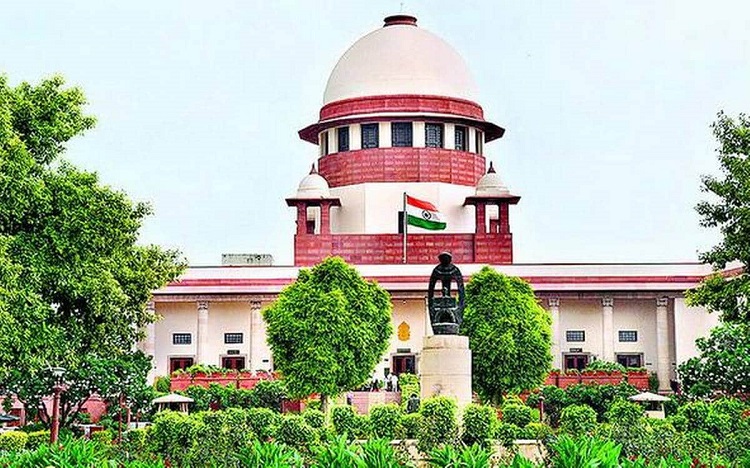SC Stays HC Order On Border Pact Between Meghalaya, Assam
The Supreme Court on Friday stayed the Meghalaya High Court's order which had put a stay on the MoU between Meghalaya and Assam to resolve the long-standing interstate boundary dispute. Read on for details:

New Delhi: The Supreme Court on Friday stayed the Meghalaya High Court's order which had put a stay on the MoU between Meghalaya and Assam to resolve the long-standing interstate boundary dispute.
A bench headed by Chief Justice of India DY Chandrachud issued notices to the concerned parties on the plea filed against the High Court order.
"Prima facie it appears that the single judge has not furnished any reasons. Whether the MoU requires further consideration by Parliament is different. However, a stay was not warranted. Notice shall be issued to respondents," the SC bench in its order stated.
Also Read |
Plea in SC for bringing political parties under RTI
The matter was then posted for hearing after two weeks.
Last week, the Meghalaya High Court put an interim stay on the execution of the Assam-Meghalaya border pact, which was entered between the two States subsequent to the signing of a Memorandum of Understanding (MoU) on March 29, 2022.
The MoU was signed by Assam Chief Minister Himanta Biswa Sarma and his Meghalaya counterpart Conrad Sangma to resolve the long-standing interstate boundary dispute, particularly in respect of six areas.
The arrangement dictated Assam keeping 18.51 square kilometres of land, with Meghalaya keeping 18.28 square kilometres of land, for the 36.79 square kilometres of total land.
Read also: UP Civic Polls: Supreme Court Stays Allahabad High Court’s Order On OBC Reservation
Also Read |
Supreme Court issues notice to Centre over guidelines banning transgenders from donating blood
Meghalaya was carved out of Assam as a separate State in 1972, but the new State challenged the Assam Reorganisation Act of 1971, leading to disputes in 12 border locations.
The High Court passed the interim order on a plea moved by some residents claiming that the MoU violates provisions of the Sixth Schedule of the Constitution which relates to the 'Administration of Tribal Areas' in North East States.
The petitioners said that if the MoU is gone through and demarcation is effected physically, their petition will be rendered infructuous. (ANI)
 Dynamite News
Dynamite News 